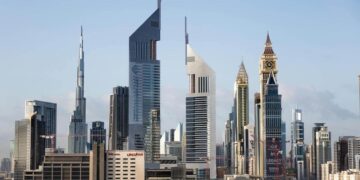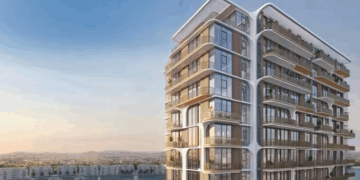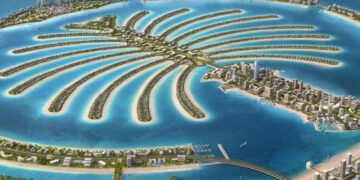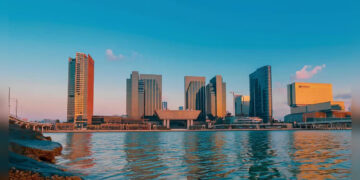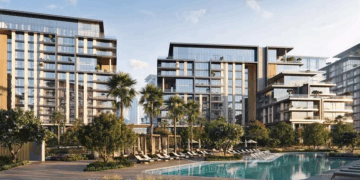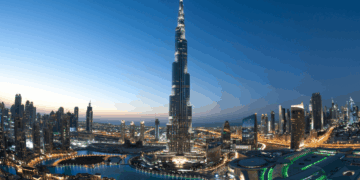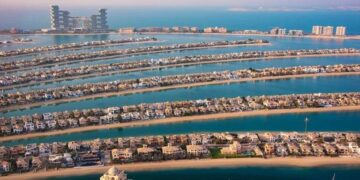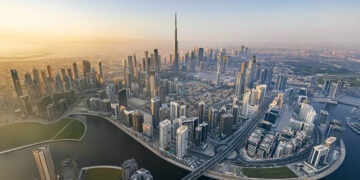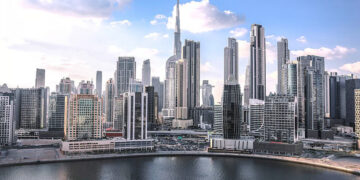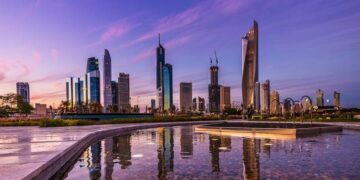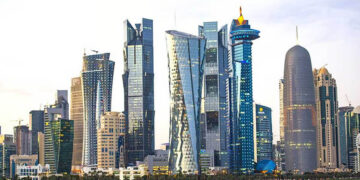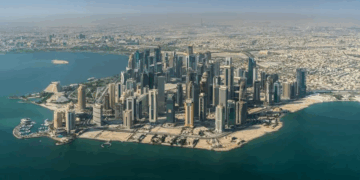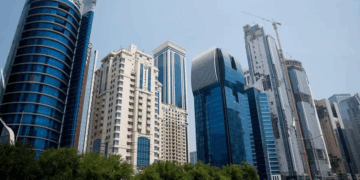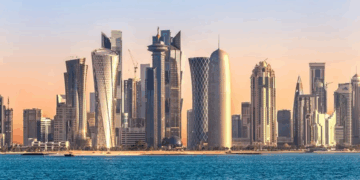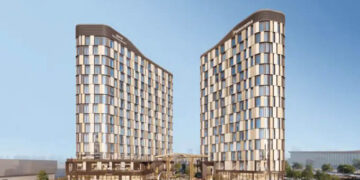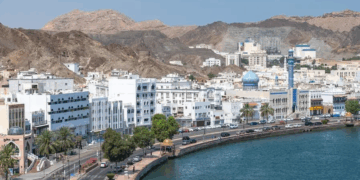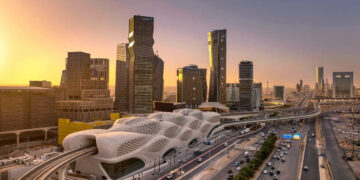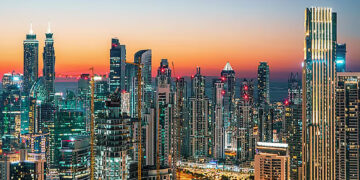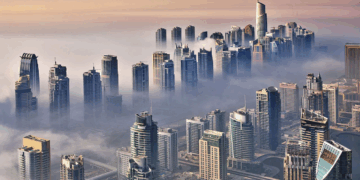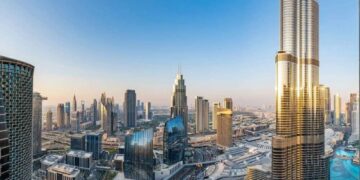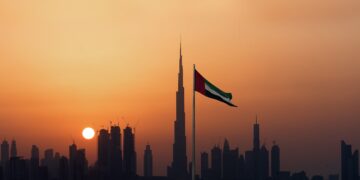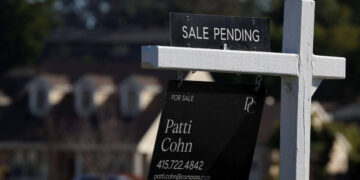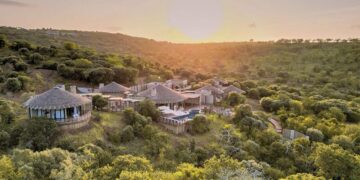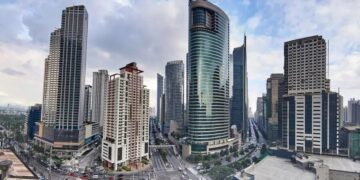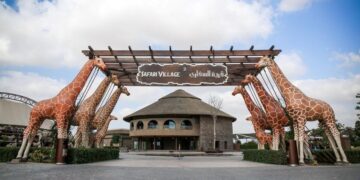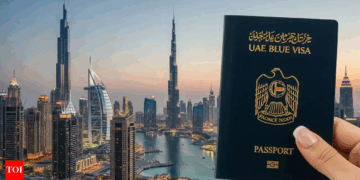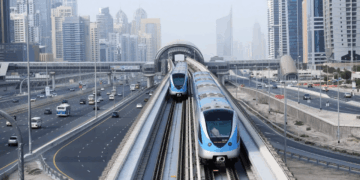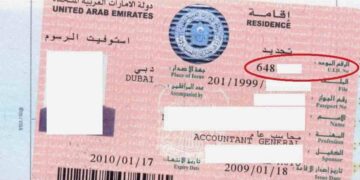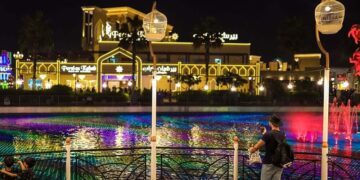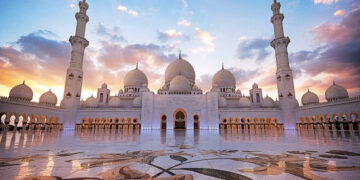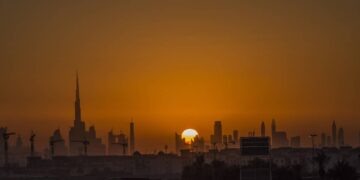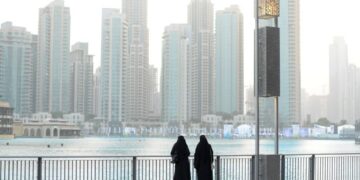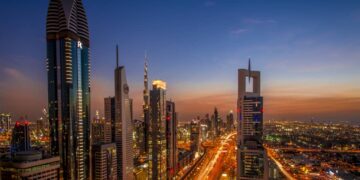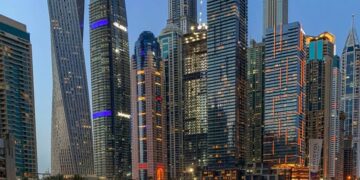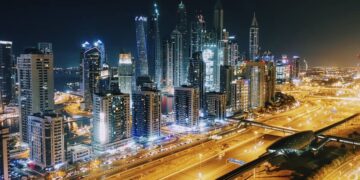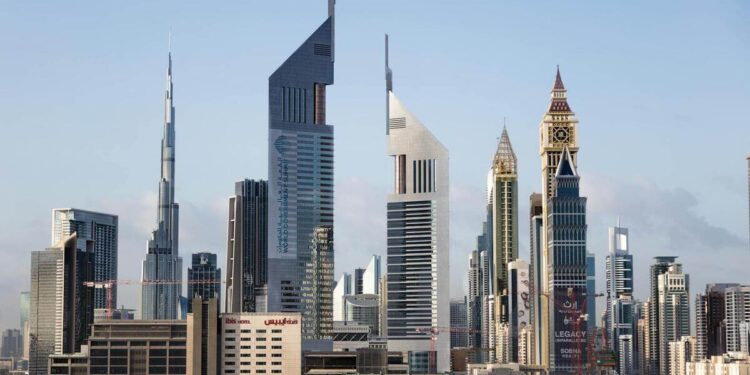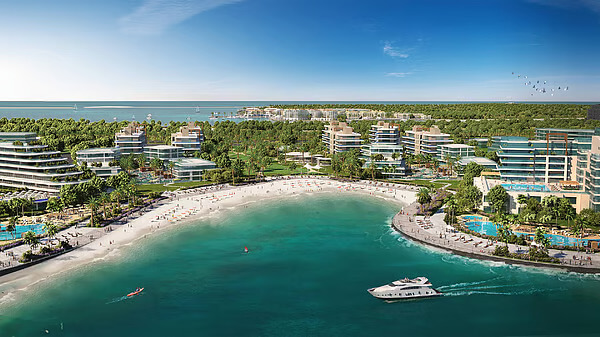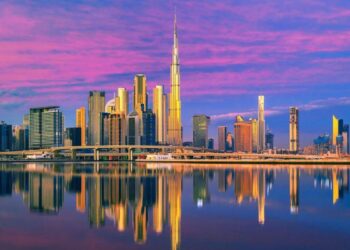Dubai’s real estate market has grown in three cycles. However, it experienced two boom-bust cycles: the first during the 2008 global financial crisis, when the market collapsed for the first time, and the second during the Covid-19 pandemic.
Following the three-and-a-half-year rally, industry players are confident that the market will not crash but rather grow slowly and steadily. This is because the industry now has more end-users and serious investors investing in the domestic market.
As the third growth cycle comes to a close, experts are confident that there will be no more boom-bust cycles, thanks to key initiatives such as Escrow accounts and the influx of millionaires and end-users, which have played a critical role in bringing market stability.
According to industry experts, the property market has matured and become more regulated, moving beyond the boom-bust cycles.
“Dubai’s real estate market has significantly evolved over the years, transitioning from the boom-bust cycles of the past to a more stabilised and sustainable growth trajectory. This maturity is driven by several factors, including implementation of stringent regulatory frameworks, enhanced transparency, and a strategic focus on long-term economic diversification,” said Hassan Hijazi, group CFO of Amwaj Development.
He also stated that Dubai’s appeal to a wide range of investors has increased. He claims that high-net-worth individuals, institutional investors, and expats are all drawn to the city’s world-class infrastructure, strategic geographic location, and innovative developments.
“The Expo 2020 legacy and various government initiatives, such as the Golden Visa programme, have also played a vital role in attracting and retaining investors, reinforcing Dubai’s position as a global investment hub,” noted Hijazi.
Not artificial or a balloon
According to Imran Farooq, CEO of Samana Developers, Dubai’s economic infrastructure and multi-national society have grown so strong over the last five decades that calling the city’s rise “artificial or a balloon” is inaccurate.
“The city stands strong and tall on its foundations. Dubai has shown it to the world by successfully organising global events such as Dubai Expo 2020, UAE COP28, and its exemplary handling of the Covid-19 pandemic. It only makes sense that Dubai’s real estate sector has matured enough and moved beyond the boom-and-bust cycle,” said Farooq.
According to Yogesh Bulchandani, founder and CEO of Sunrise Capital, anyone who has witnessed the sector’s ups and downs will notice that Dubai’s real estate market has demonstrated exceptional resilience, defying predictions of a slowdown.
“While global property markets stutter, prices in Dubai are continuing to rise, signalling a break from the boom-and-bust cycles. The market’s strength is bolstered by buyers purchasing for occupancy, indicating the previously transient nature of Dubai is fading. Demand remains strong from Europe (and the UK), India, and South Asia, with an influx of wealthy investors and foreign buyers, leading to a more stable and mature real estate landscape in Dubai,” he underlined.
No drop in prices
The CEO of Samana Developers stated that he does not expect Dubai property prices to fall in the next five years because the returns on investment are very attractive.
“We have seen a rise in the number of investors from Europe, CIS, and China. We see all of the market segments are in high demand. Higher prices mean the market is attractive for foreign institutional investors. It helps Dubai further strengthen its real estate sector and facilitate all stakeholders,” he added.
Cushion against market corrections
According to Bulchandani, Dubai’s relatively low property prices in comparison to cities such as Hong Kong, Singapore, and New York attract investors, but they do not guarantee immunity from fluctuations.
“The current trend of sustained price increases might suggest maturity, but global economic interconnections and investor behaviour still pose risks of cyclical trends,” he stressed.
Meanwhile, Hassan Hijazi observed that Dubai’s relatively lower property prices compared to cities such as Hong Kong, Singapore, and New York do provide a cushion against significant market corrections.
“This affordability, coupled with the city’s continuous development, safety, quality of life and the government’s proactive measures, makes the Dubai property market attractive to a wide range of investors and residents.
“Additionally, the proactive measures taken by the government to regulate supply and demand dynamics ensure market stability. While some price adjustments are natural in any real estate cycle, the inherent value proposition of Dubai’s property market positions it well to avoid major corrections, ensuring sustained investor confidence and market resilience,” said Hijazi.
